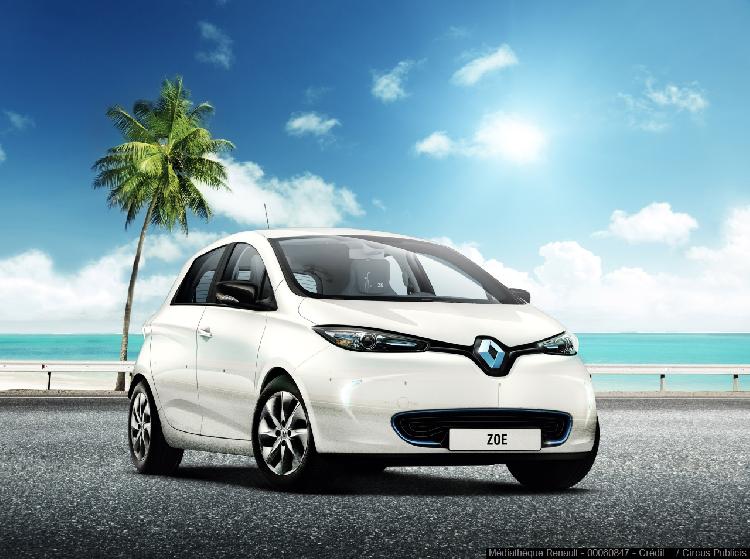
Renault electric cars and their benefit for the environment
Economists, sociologists and climatologists are all searching for ways to reduce global warming. And they all agree that the electric car offers a satisfactory, sustainable solution in the fight against climate change as well as for improving the quality of air in urban settings.
Against a backdrop of regular pollution spikes in cities and government discussions on the climate, electric vehicles are part of the solution. Groupe Renault is a pioneer in all-electric vehicles (EVs) and the only automaker with a range of four electric vehicles. In this promising market, the Renault-Nissan Alliance is the global leader.
Electric vehicles have a key role to play in improving air quality in cities, since they emit neither NOx nor fine particles during driving. According to a study conducted in Rome, if electric vehicles made up between 10% and 20% of the vehicles on city roads, this would cut the concentration of particles that cause respiratory and heart diseases by 30% and the concentration of nitrogen dioxide, a powerful respiratory irritant, by up to 45%. As for the environmental footprint, electric vehicles emit no CO2 and do not consume fossil fuels during driving. In comparison with an equivalent internal combustion engine vehicle, this reduces by nearly one half the environmental impacts to which the contribution of the transport sector is generally highest: global warming and the depletion of natural resources. In addition, as electricity generated entirely from renewable energies gradually becomes more widely available to both businesses and consumers, zero-CO2 electric mobility will become possible, not only during EV use, but also during generation of the electricity to charge the battery.



























